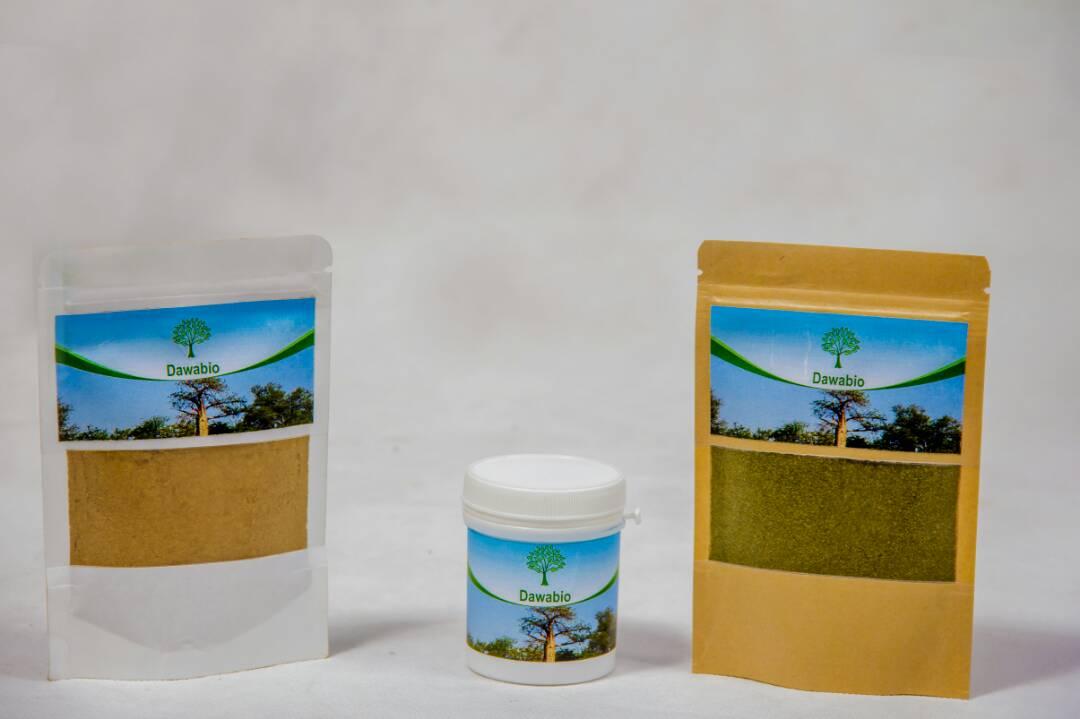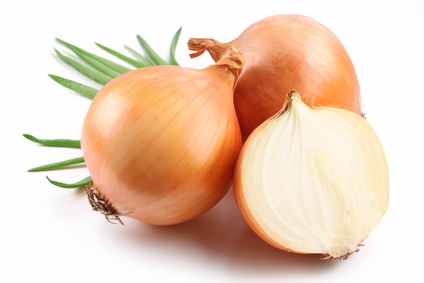Prostatitis (inflammation of the prostate) is an inflammatory process in the prostate gland that causes pain and discomfort during urination in men. In men, the prostate is a walnut-sized gland below the bladder that produces fluid that, along with semen, forms semen. Prostatitis can occur in men of all ages, but is more common in men between the ages of 30 and 50.
Inflammation of the prostate can be acute or chronic. In acute prostatitis, symptoms develop over a short period of time and are intense from the start. Chronic prostatitis is more common, with symptoms that fluctuate over several months.
Prostatitis: natural solution by plants
If you have prostate problems (inability to urinate, urination disorders, erectile dysfunction, premature ejaculation, lower back pain and penile pain, etc.), this is the miracle solution that will help you cure or prevent your prostatitis.

Contact: +229 99 54 64 63
Herbal tea is made from plants that have anti-inflammatory, astringent, antibacterial and calming properties. It works in particular by reducing the swelling of the prostate gland and providing immense relief. This natural remedy also contains several natural anti-inflammatory compounds that inhibit the inflammatory process that triggers inflammation and pain in the prostate gland.
Click here to contact us and order your treatment against prostatitis
We deliver all over the world with representations in West and Central Africa
Grandmother's remedy: onion for prostatitis
Here is a simple remedy available to everyone to never suffer from prostate diseases. Those who already suffer from it can also try it. It works very well.
But among the panoply of solutions offered by herbal medicine, we have drawn a simple, inexpensive and less restrictive recipe: onion juice.

Recipe:
1- Take 8 large onions or a dozen if they are medium in size.
2- Remove the peels (dry skin of the onions) then clean properly.
3- Cut them roughly then pound them in a clean mortar. You can have them crushed on traditional furniture. Do not put them in a blender to avoid adding water.
4- Collect the pure onion juice using a scarf or a clean cloth.
5- Drink a 33 cl glass of this juice.
6- Repeat the operation three weeks later, then a third time after another three weeks. That's all. You have just rid your prostate of all kinds of toxins. The gland regains its youthful state. Repeat this series of operations every 10 years.
Even at 75 years old, without a problem with your blood circulation, you will still be firm as a young person.
WARNING :
* It is strongly recommended taking this juice in the morning on an empty stomach. *
Click here to contact us and order your treatment against prostatitis
We deliver all over the world with representations in West and Central Africa
Causes of prostatitis
- Prostatic hyperplasia: an enlarged benign prostate with age increases the risk of bacterial prostatitis because it is associated with the urine flow disorders. Residual urine then remains in the bladder, where bacteria multiply particularly easily. In addition, during urination, the narrowing of the outlet of the bladder increases the pressure in the lower urinary tract, which facilitates the penetration of bacteria into the prostate tissue (prostatic reflux).
- Sexually Transmitted Diseases : Pathogens such as chlamydia and mycoplasmas, which are transmitted during sexual intercourse, can travel up to the prostate and lead to prostatitis.
- Tuberculosis: Tuberculosis bacteria can enter the prostate through the blood and cause inflammation.
- Wet and cold: Wet clothes or long periods of rest on a cold surface weaken the natural protection of the prostate and promote infection. The cold causes insufficient blood circulation in the small pelvis, so that the germs can multiply more quickly.
- Inflammation of the seminal vesicle or sperm : During inflammation of the testes or inflammation of the seminal vesicle, a gland that also produces some of the seminal fluid, the prostate may become infected.
- Catheter therapy: Inserting the urinary catheter through the urethra into the bladder can cause small tears in the urethra and injury to the prostate. In addition, bacteria can settle on the catheter and during treatment travel up the urethra to the bladder and cause inflammation of the prostate.
Click here to contact us and order your treatment against prostatitis
We deliver all over the world with representations in West and Central Africa
Symptoms and course of prostatitis

Depending on the form, different symptoms appear with inflammation of the prostate:
Acute bacterial prostatitis
The bacterial prostatitis Acute inflammation is severe, it occurs spontaneously and the person feels very sick.
Symptoms : The first signs of illness are fever, chills, and severe pain in the lower abdomen, on the perineum or at the tip of the penis. Urination is painful and urine is often cloudy. The urge to urinate and a thin stream of urine or blood in the urine can be side effects of prostatitis. Sometimes pain during ejaculation or erection problems can occur during an inflammation of the prostate. The level of PSA (prostate specific antigen) in the blood may be increased. When examined, the prostate is usually extremely sensitive to pressure.
Chronic bacterial prostatitis
Often, after acute prostatitis that has not completely healed, symptoms are usually milder than in the acute form.
Complaints : There are recurrent urinary tract infections with discomfort with urination, plus, for example, pain during ejaculation, genital pain, and pelvic pain.
Chronic non-bacterial prostatitis
Chronic non-bacterial prostatitis or chronic pelvic pain syndrome is the most common type of prostatitis.
Symptoms : Symptoms are similar to those of chronic bacterial prostatitis, but no bacteria can be detected. A distinction is made here again between 2 forms - with and without signs of inflammation. In the inflammatory form, the concentration of leukocytes in the ejaculate is increased, and the general values of inflammation can also be increased. Diagnosing the cause is difficult here; in addition, the following often appear:
- Intestinal problems
- Muscle tension in the pelvic floor
- Immune system dysfunctions
- Immune dysfunction
- Psychological components (stress, fears, etc.) especially in young men.
Asymptomatic prostatitis
Asymptomatic means the disease is present but is not causing any symptoms. Asymptomatic prostatitis is often only diagnosed by the pathologist when examining tissue after prostate surgery or biopsy.
Symptoms : Even chronic prostatitis can proceed without symptoms, but leukocytes can still be detected in the ejaculate. The PSA value can also be increased.
Click here to contact us and order your treatment against prostatitis
We deliver all over the world with representations in West and Central Africa